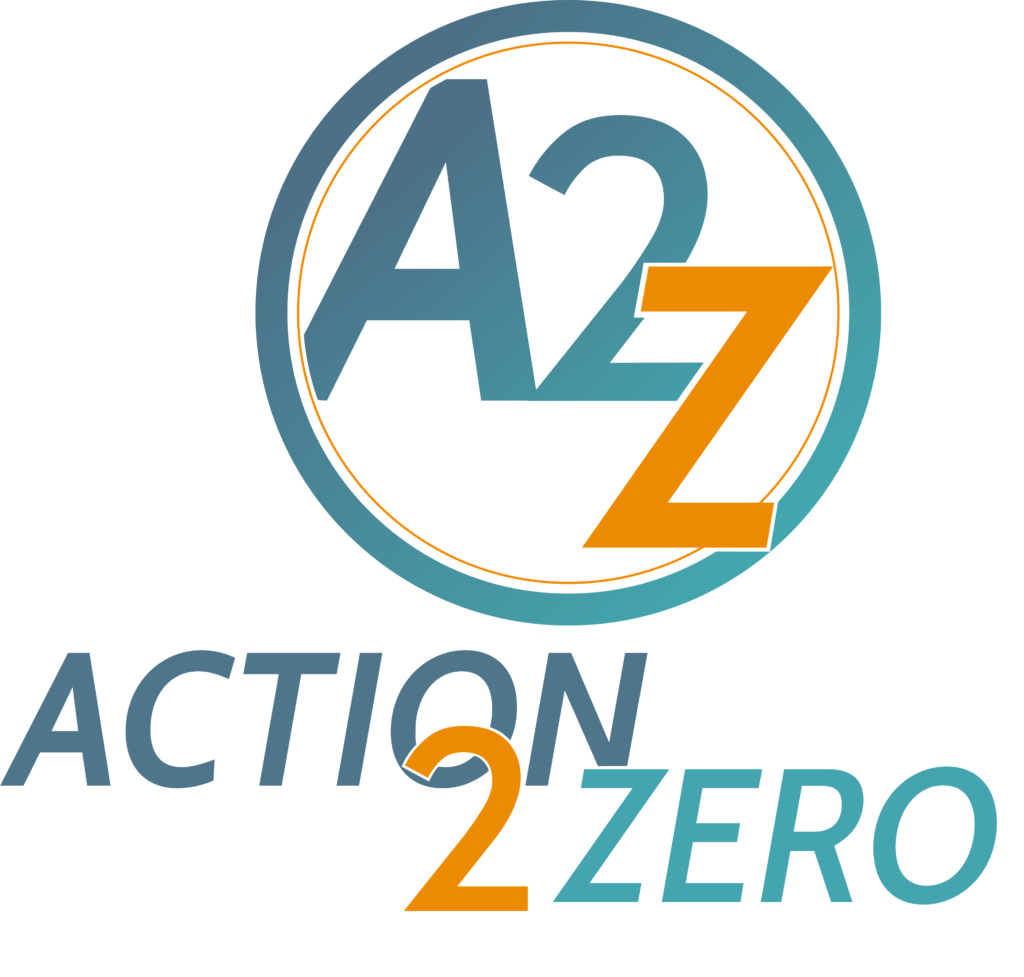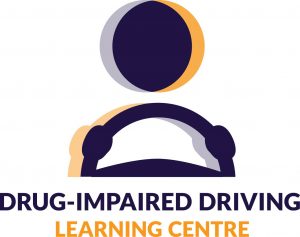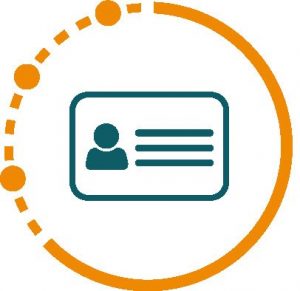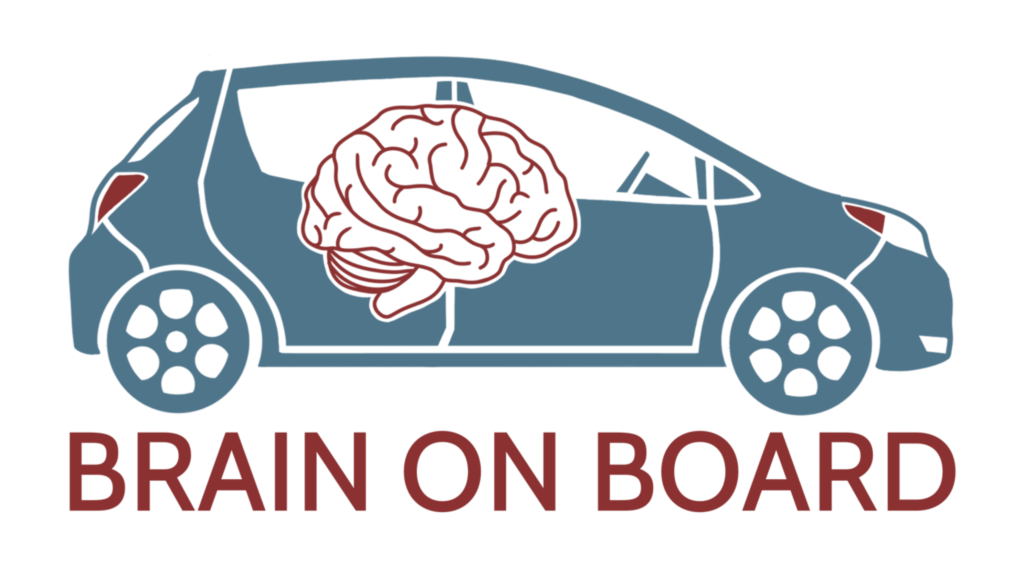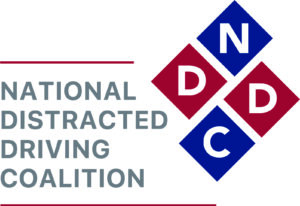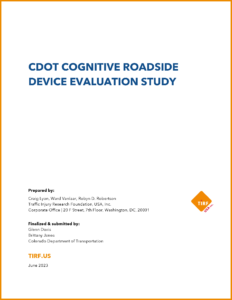Similar to its Canadian counterpart, a registered charity since 1964, the Traffic Injury Research Foundation USA, Inc. (TIRF USA) develops and shares knowledge that prevents injuries and loss of life on the roads, reduces related social, health and insurance costs, and safeguards productivity.
In 2013, the Traffic Injury Research Foundation (TIRF), an internationally recognized road safety research institute, established a presence in the United States to better meet the needs of its US funders, stakeholders, and partners.
Subscribe to our newsletter
Giving to Traffic Injury Research Foundation USA Inc.
Corporations, foundations and individuals can all become donors and/or project sponsors of TIRF USA.
Our Vision
TIRF USA strives to reduce deaths and injuries resulting from road crashes by designing, implementing, evaluating, and promoting evidence-based strategies.
Our activities include:
- Raising public awareness and commitment to road safety
- Improving road safety research and evaluation
- Developing evidence-based countermeasures and working with practitioners to implement research findings in practice
- Sharing knowledge and fostering collaboration among stakeholders.
Our Focus
Our work on road user behavior focuses on contemporary issues such as drug and alcohol impairment, distraction, fatigue and aggressive driving, young drivers and license testing, elderly drivers, commercial vehicles, and vulnerable road users such as bicyclists and pedestrians.
Our Approach
Our work is based on the safe system approach and designed to eliminate road fatalities and injuries. We undertake research projects in cooperation with government bureaus, insurance companies, health organizations, law enforcement agencies and criminal justice professionals, road safety advocacy groups, other non-profits, business leaders and researchers. We address traffic safety issues using a comprehensive approach, focusing on safe road user behaviors, safe vehicles, safe roadways and safe speeds to eliminate road deaths.
Action2Zero learning centre supports communities with the latest research to help plan, build and implement road safety strategies. Road safety planning at the local level is essential to engage the community, reduce road trauma, and work towards achieving 5-star community status.
Drop It And Drive® is an award-winning distracted driving education program for youth, school, and provides workplace safety programs for public and private sectors across Canada and the US. Access free tools, research, data and new technologies through a dedicated E-hub.
Sober Smart Driving (formerly Change the Conversation) is a free education program sharing knowledge and research to answer common questions about alcohol and impaired driving. It contains facts to help Canadians speak up about the risks associated with drinking and driving and why they choose not to drink and drive.
Drug-Impaired Driving Learning Centre is a fully bilingual, web-based free educational resource that contains answers to many common questions. It includes fact sheets describing the size of the drugged driving problem, characteristics of drivers, effects of drugs on driving, legislation and penalties, and, tools and technologies.
Wildlife Roadsharing Resource Centre provides free access to downloadable fact sheets, educational flashcards, and practical strategies. It addresses the most common myths and misconceptions to increase awareness of ways to prevent and avoid wildlife-vehicle collisions, including mitigation measures and prevention strategies.
GDL Framework Safety Center contains the latest research and a suite of free tools to help states and provinces identify gaps in young driver safety strategies, and implement improvements related to graduated driver licensing, driver education, license testing and in-vehicle monitoring technologies.
Young and New Driver Resource Centre shares the latest research about young driver crashes, strategies to prevent them, and the requirements of Graduated Driver Licensing (GDL) programs as well as Canadian driver education programs. Download free PowerPoint presentations and fact sheets focused on fatigue, distraction, speeding, alcohol and drug impairment, brain development, parental involvement and more.
Brain on Board describes the functioning of active and passive vehicle safety features and explains how driver behaviours play an important role to increase the effectiveness of safety features. This web-based resource includes free posters and PSAs, flashcards and fact sheets about vehicle safety features that are standard on most vehicles, and how they can prevent crashes and injuries when combined with safe driving practices.
Alcohol Interlock Curriculum for Practitioners is a training tool that enables criminal justice, health and transportation professionals, as well as advocates and community members to educate colleagues about alcohol ignition interlocks. It provides access to instructional and train-the-trainer materials on research, technology, implementation, legal concerns and vendors/service providers, device certification and calibration practices.

